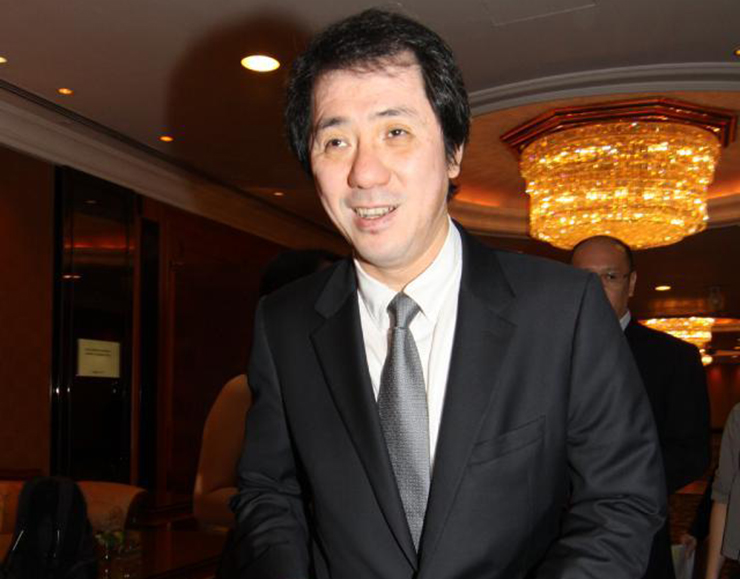A Hong Kong-listed Chinese company has said that it did not place a bid to buy i-Cable Communications Ltd., the company which operates the Hong Kong television channel under the same name.
Listed company Wharf Holdings, which owns the TV station, said in its 2015 final results in March that the group had commenced a strategic review to enhance its communications, media and entertainment businesses, as the market “has changed drastically.” It led to speculation as to whether the company was planning to sell the businesses.
On Wednesday, Bloomberg cited sources as saying that Nan Hai Corporation – the company behind the Hong Kong online news site and weekly newspaper HK01 – had submitted a proposal to acquire i-Cable. Yu Pun-hoi, the founder of HK01, is the chairman of Nan Hai.

Nan Hai, in a statement, said: “The group and Mr Yu Pun-hoi did not participate in the bidding process, [we] only discussed possibility of cooperation with the Wharf Holdings and other interested parties.”
“Rumours that Mr Yu Pun-hoi will deploy more than HK$10 billion, an amount several times higher than its market value, to acquire i-Cable, are completely made up,” the statement read.
A report from HK01 on the developments on Thursday said that the sale of Wharf T&T, the telecom company under Wharf Holdings, was independent from the sale of i-Cable.

Political stance
i-Cable television began broadcasting in October 1993, and is generally considered a liberal-leaning media station.
HK01 started planning its launch last year, and it was known for hiring a large number of journalists – reportedly some 300 staff members – from traditional Hong Kong media. It also attracted eyeballs when it launched massive ad campaigns around the city, during a time when traditional media were either shrinking or closing down due to falling profits.
The HK01 website was launched in January and a weekly publication began in March. Often carrying breaking news, investigative reports and political gossip stories citing unidentified sources, the site was sometimes criticised for its conservative, if not pro-Beijing editorials. It courted controversy after Chief Executive Leung Chun-ying was spotted at the newspaper’s launch party.
HK01 responded to the rumours in July, saying that: “[We] have been planning to develop video content, thus we would consider any opportunities that could help with such developments.”
“The shareholders of i-Cable television were reportedly reviewing the businesses in this area – we are naturally interested in looking into whether there will be opportunities for cooperation between HK01 and i-Cable television, so as to provide the best media content for the public,” it added.

Though Yu has many business ties on the mainland, its chief editor has said that the site does not belong to any side on the Hong Kong political spectrum.
Yu, the former owner of Chinese-language newspaper Ming Pao, is the chairman of two Hong Kong listed companies – Nan Hai Corporation and Sino-i Technology.
Nan Hai runs properties and the Dadi cinema chain in China, whilst a subsidiary runs HK01 and another Chinese news site, DW News, which focuses on China.
